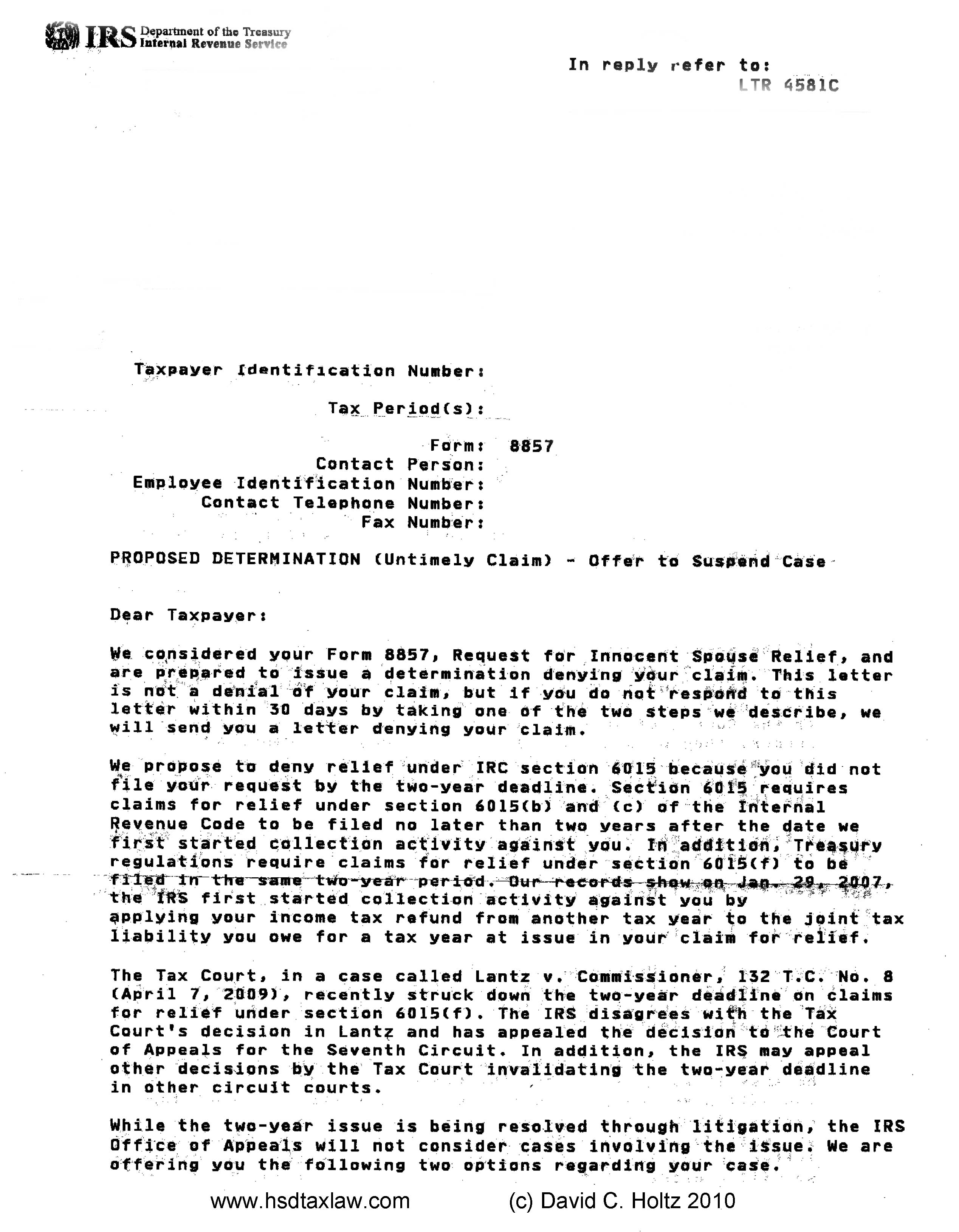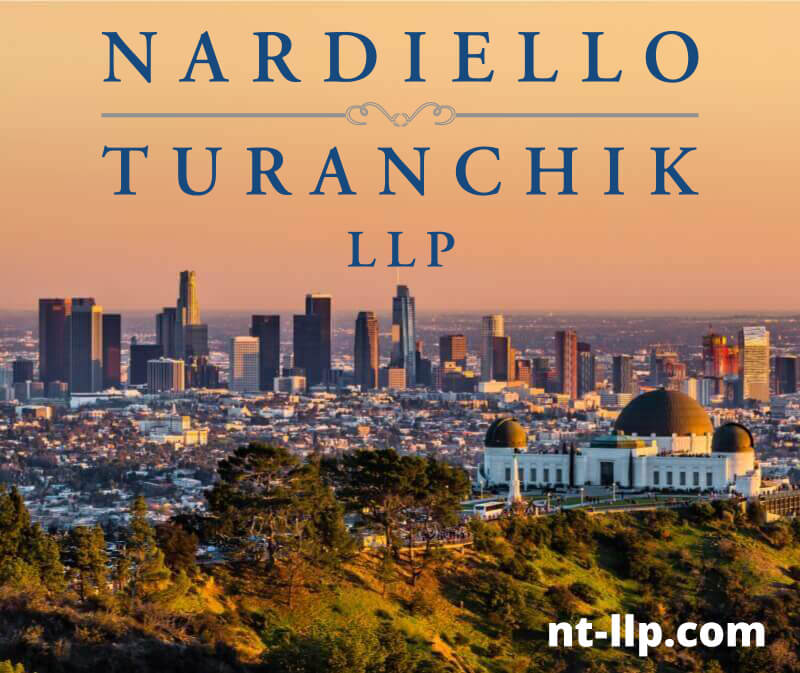
The Franchise Tax Board (FTB) is comprised of three members: the chair of the Board of Equalization, the director of the Department of Finance and the state Controller as FTB chair. The members appoint an executive officer. Along with the Board of Equalization and the Employment Development Department, it is responsible for California's taxes.
Full Answer
See more

Who is the Chairman of the Board of Equalization?
Antonio Vazquez serves as Chairman of the Board of Equalization (BOE), representing 10 million constituents living in the 3rd District, which includes most of Los Angeles County, all of Ventura County, and a portion of San Bernardino County.
How long has Rachael been with FTB?
Rachael has been with FTB since 1991. Her extensive knowledge of audit programs came from serving as the Individual and Pass-Through-Entity (IPTE) Bureau Director and managing and working in several audit business areas for 26 years. Her experience covers personal income tax, pass-through entities, federal audits, audit policy, protest resolution, financial operations, and human resource activities for audit.
Where did Chairman Vazquez go to college?
Chairman Vazquez graduated from Santa Monica City College and continued his education at the University of Southern California where he received his degree. A resident of Santa Monica since 1984, he and his wife, Maria, have two grown children and one grandchild.
The State Board of Equalization
The State Board hears and determines all appeals from action of County Boards of Equalization. The State Board also hears and determines direct appeals from valuations of the Nevada Tax Commission and other appeals as provided by law. The Division of Local Government Services provides staffing for the State Board of Equalization.
Next Meeting Date
September 27, 2021 8:00 a.m. STATE BOARD OF EQUALIZATION Meeting is being held via Zoom.
Appeal Forms Page
Hearing Guideline, Appeal Form, Withdrawal Form, and Agent Authorizations Form
When was the State Board of Equalization created?
The State Board of Equalization was created in 1879 by the ratification of the second Constitution of California. Its original mandate was to ensure that property tax assessments were uniform and equal across all counties in the state.
When did the Franchise Tax Board abolish?
In 1994 , Governor Pete Wilson vetoed a plan by the legislature to abolish the Franchise Tax Board and give its responsibilities to the Board of Equalization, explaining in his veto message that the state should have done the opposite.
What is BOE in California?
The California State Board of Equalization (BOE) is a public agency charged with tax administration and fee collection in the state of California in the United States. The authorities of the Board fall into four broad areas: sales and use taxes, property taxes, special taxes, and acting as an appellate body for franchise and income tax appeals ...
What counties are in the Equalization District?
The first Equalization District is made up of the following counties: Alpine, Amador, Butte, Calaveras, El Dorado, Fresno, Inyo, Kern, Kings, Lassen, Madera, Mariposa, Merced, Modoc, Mono, Nevada, Placer, Plumas, Sacramento, San Joaquin, Shasta, Sierra, Siskiyou, Stanislaus, Sutter, Tulare, Tuolumne, Yuba, a portion of Los Angeles, and a portion of San Bernardino. From 2003 until 2015 most of this area was the second district.
How many members are on the BOE?
The board is made up of four directly elected members, each representing a district for four-year terms, along with the State Controller, who is elected on a statewide basis, serving as the fifth member. In June 2017, Governor Jerry Brown signed legislation stripping ...
Who is responsible for California franchise tax?
The California Franchise Tax Board and the Employment Development Department are separately also responsible for collecting taxes. Some have criticized this as inefficient. Efforts to reform the Board were made in the 1940s, 1950s, 1960s, 1990s, and 2000s.
How many districts does the BOE have?
For the purposes of tax administration, the BOE divides the state into four Equalization districts, each with its own elected board member. District boundaries are redrawn following the decennial census. The latest boundaries were drawn following the 2010 census and have been in effect since January 1, 2015.
What is the FTB in California?
The Franchise Tax Board (FTB) is California’s primary tax collector. Its 5,400 employees and dozens of bureaus regularly collect over $50 billion in personal and corporate taxes, supplying about 60% of the General Fund. It also administers nontax programs and delinquent debt collections, including for past due vehicle registration, court-ordered debt and Industrial Health and Safety assessments. The board is transitioning from the State and Consumer Services Agency to the new Government Operations Agency by July 1, 2013, as part of a larger government reorganization.
How much money did the FTB receive in 2011?
The FTB mails letters to individuals and businesses who are about to appear on the list, giving them an opportunity to pay their bills. The FTB received $13 million in payments by April 2011 from people to avoid having their names posted and the board says it has raised $78 million this way since it began posting the list in 2007.
Why did furloughed employees get overtime?
And in agencies like the Department of Corrections, where 24-hour operations were unavoidable , the furloughs sometimes meant employees ended up getting overtime to work during the artificially created staff shortage.
What is the focus of California's tax reforms?
A major focus of reforms is bridging the “tax gap”— the disparity between taxes owed and taxes paid. As California has repeatedly faced major deficits, efforts to track down non-filers and collect overdue funds have grown more aggressive. “ [B]efore we talk about cutting vital services,” opines Capitol Weekly's Jim Hard, “let's collect what we are already owed.”
What was the tax commissioner's office accused of?
In 1948, lawmakers investigated accusations that some of the office's employees were freelancing as tax preparers, and, at least in theory, could take money to file tax returns as private citizens and then review those same returns as public servants.
What was the effect of the 2009 California tax reform?
2009 also brought changes to corporate income taxes. Businesses previously required to calculate taxes based on employment, sales and property within the state were given the choice of using either the existing “triple factor” system or basing their tax payments on sales alone. The “elective sales factor” has been both praised as a way to incentivize business investment in California and derided as a loophole. Governor Brown wants to establish the single sales factor as mandatory, eliminating corporations' ability to choose the cheaper of the two methods.
What is the California budget plan for 2012?
When Californians go to the ballot box in fall 2012, they'll vote on Governor Jerry Brown's solution to the state's budget problems: a five-year hike in personal income taxes for those making more than $250,000 a year and a four-year half-cent raise in sales tax. The additional revenue would be spent on education and public safety, and would free up money in the General Fund for other spending. Governor Brown estimates that the measure would raise $6.9 billion each year.
What is the California Franchise Tax Board?
The California Franchise Tax Board ( FTB) collects state personal income tax and corporate income tax of California. It is part of the California Government Operations Agency . The board is composed of the California State Controller, the director of the California Department of Finance, and the chair of the California Board of Equalization.
Who was the first woman to be a franchise tax commissioner?
The Executive Officer of the Franchise Tax Board is Selvi Stanislaus, the first woman to hold the post. She assumed this position in 2006.
What is the FTB tax?
Corporate income tax. The FTB levies a franchise tax on businesses for doing business in California. The FTB's name reflects the fact that it was originally created to collect this tax. The agency's name was left unchanged even after the state created a personal income tax and added it to the FTB's responsibilities.
How much does the FTB collect?
Meanwhile, non-residents are taxed on their California-based income. In recent years, the FTB collects more than $50 billion each year in personal income taxes.
How much does the FTB collect in California?
Over the past decade, the FTB has collected an average of $9.5 billion per year in corporate income taxes.
What does the FTB do?
The FTB also collects delinquent vehicle registration debt collections on behalf of the California Department of Motor Vehicles and delinquent court ordered debt. The FTB also does financial audits of certain candidates for state office, ballot proposition committees, and lobbyists, according to a random selection process by the California Fair Political Practices Commission .
